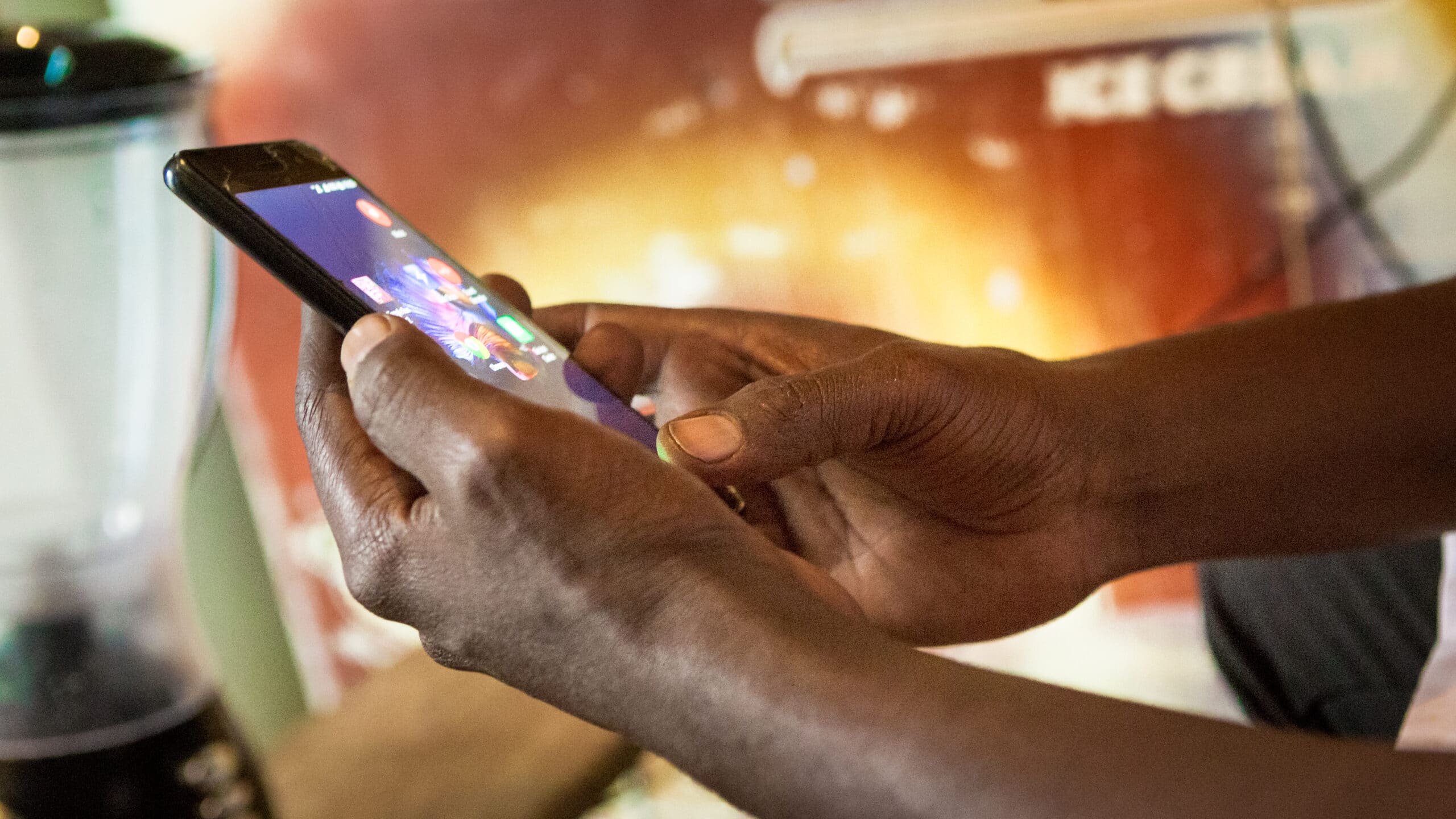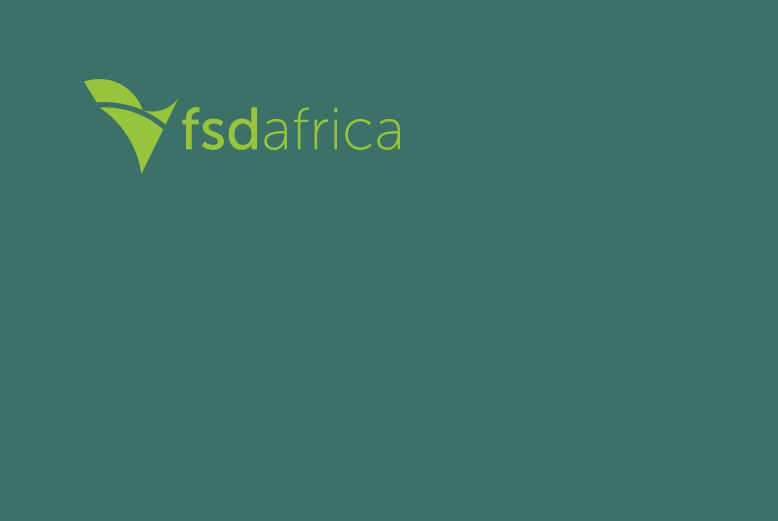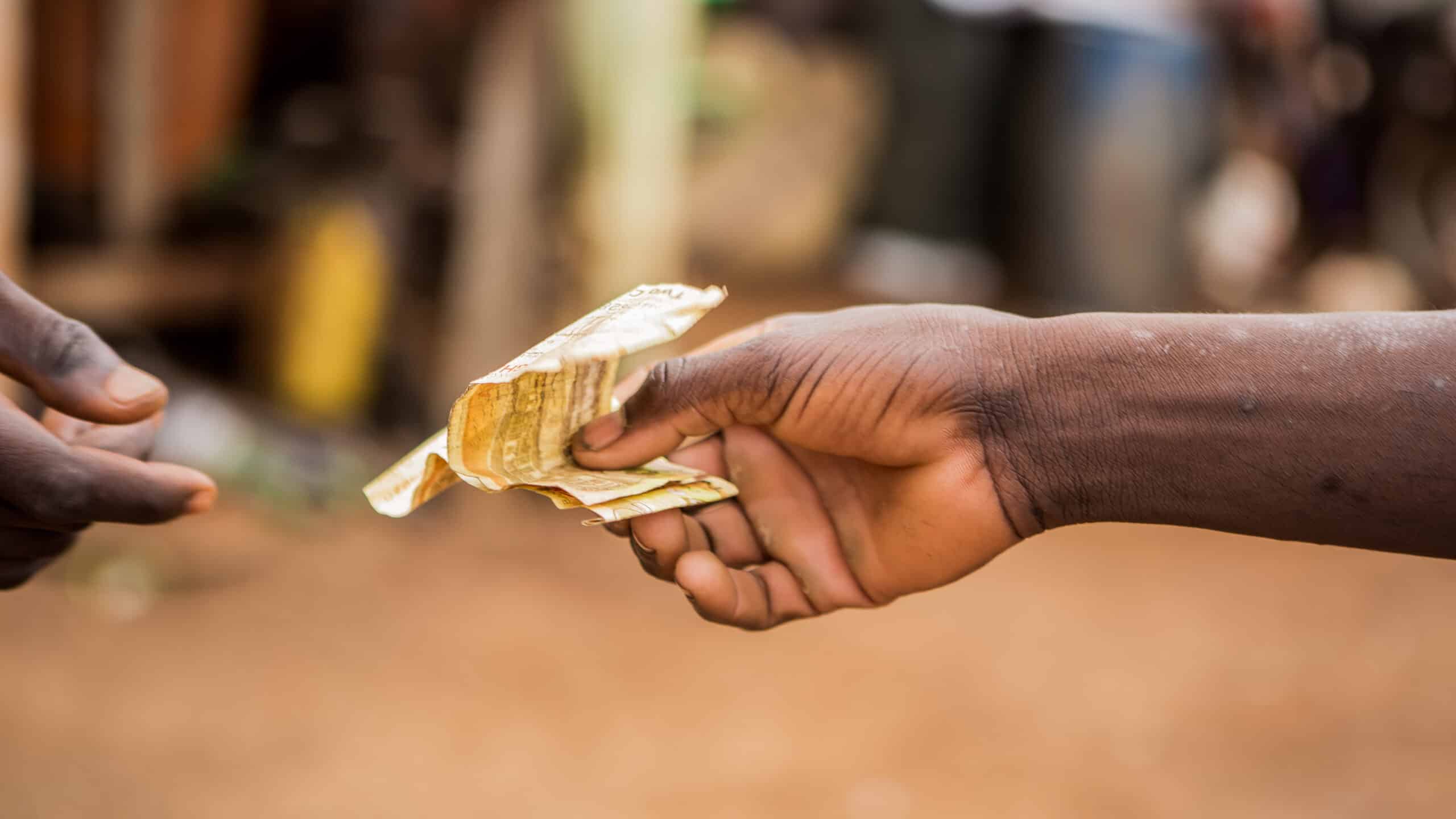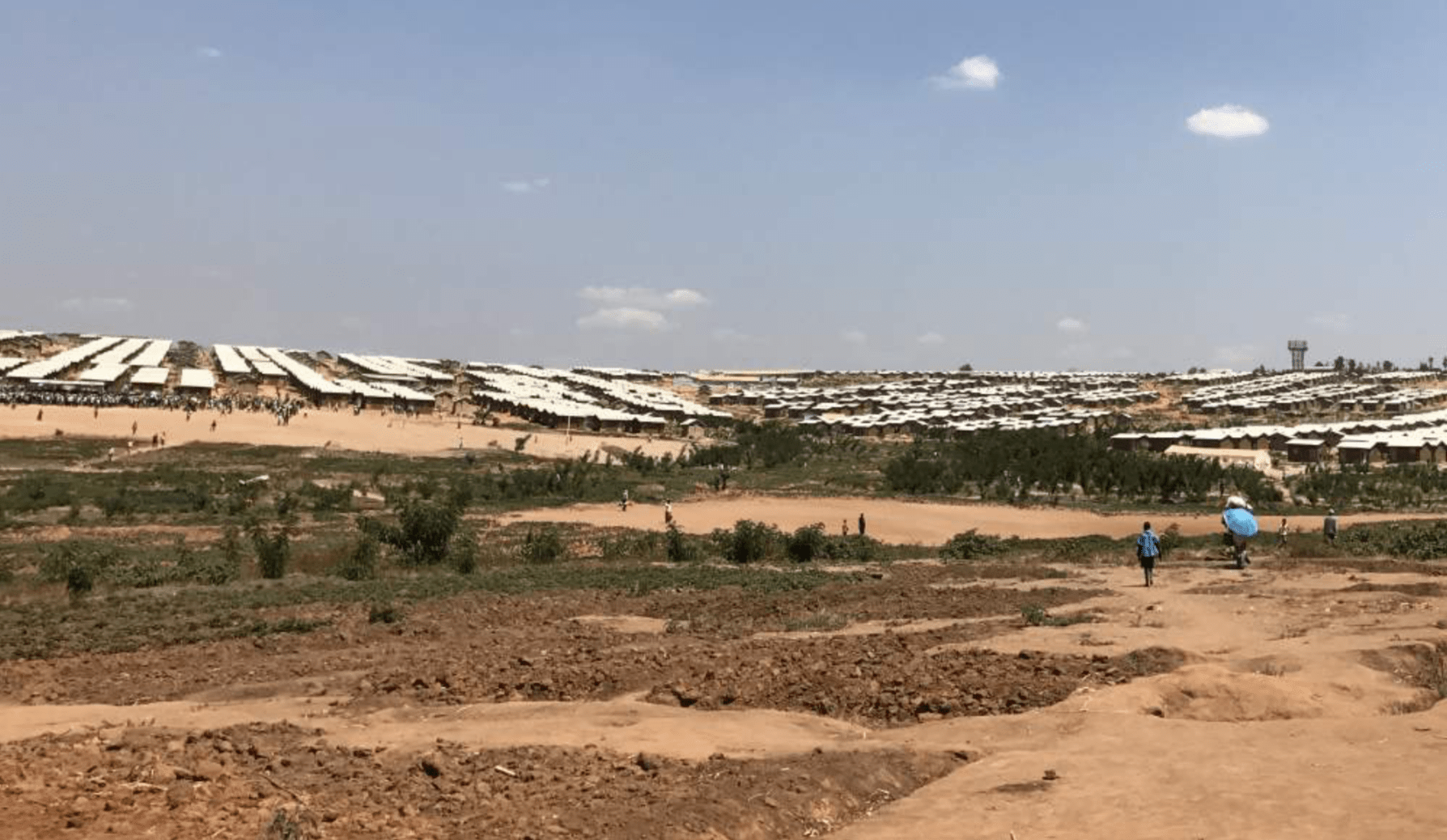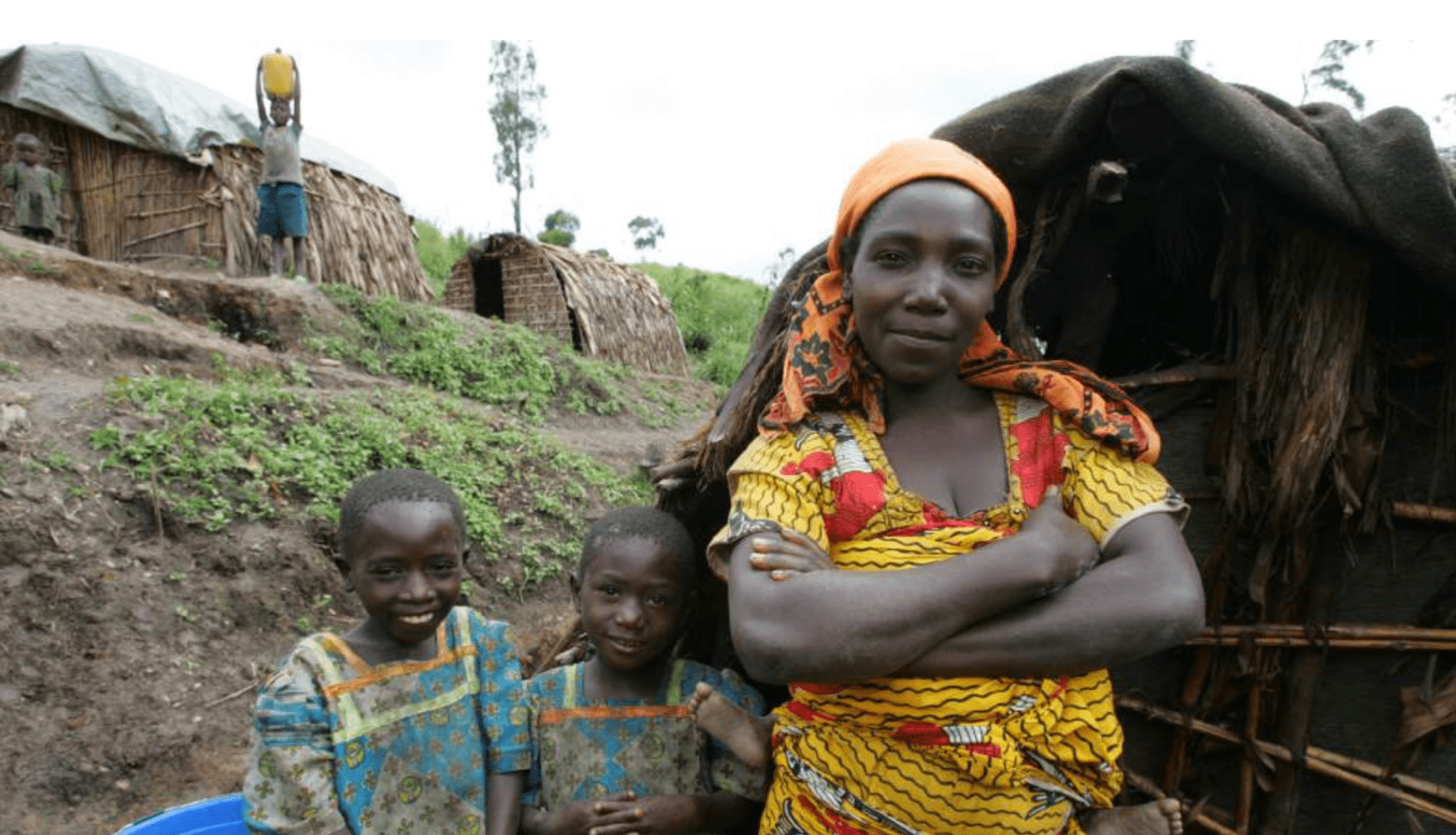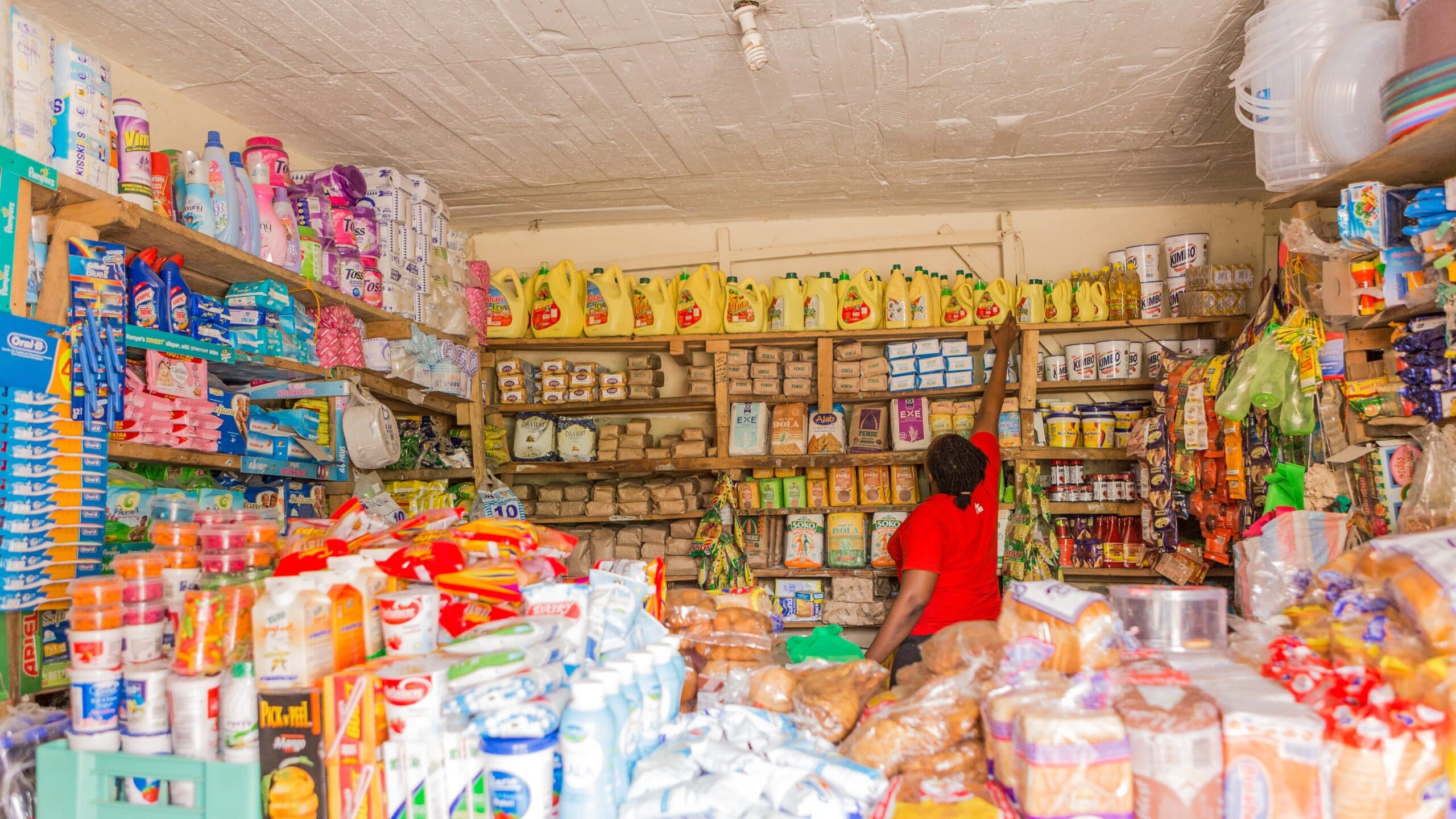Digital platforms are virtual marketplaces that connect providers of goods and services with consumers. In 2018, the i2i facility identified 277 digital
platforms, of which around 80% were of African origin. These platforms derive revenues from facilitating interactions between providers and consumers of goods and services. Transactions are normally settled on the platform through various payment methods, such as bank cards, bank transfers, cash, mobile money and digital wallets.
A growing number of Africa-based digital platforms are starting to leverage their technology to channel financial services to their customers, therefore providing early demonstration of the ability of platforms to extend financial service reach to new or under-served individuals and small enterprises. They offer financial service providers access to customer data that enables more appropriate product design, as well as access to a range of payment solutions through which they can service these customers.
We are currently providing support to two innovative projects that leverage platform technology in collaboration with FSDs. This support s provided by Cenfri, through our Risk, Remittances and Integrity (RRI) programme.
Addressing risks and constraints in Kenya’s housing sector

We have forged a partnership with FSD Kenya and iBUILD, through Cenfri to understand and address constraints to providing construction-linked financial services in Kenya.
Kenya’s housing shortage is estimated to be around two million units, with over 60% of the country’s urban population reported to be living in slums. Only 7% of Kenyans are able to access formal housing finance, such as mortgage finance. Construction workers, building suppliers and other housing industry players face various risks, ranging from injury, loss of income and breach of contract, as well as constraints such as lack of capital and fluctuations in price or consumer demand.
iBUILD is a digital platform that offers the potential to contribute to tackling some of these issues and broadening financial service delivery to the sector. It connects construction workers with people looking to build and facilitates open access to housing support services that guide individuals through housing construction and reconstruction processes.
Cenfri has signed an MOU with FSD Kenya to rtake consumer research to help build a business case for insurance companies, banks, Microfinance Institutions (MFIs), Savings and Credit Cooperatives (SACCOs) and others to offer construction-linked financial products to users of the iBUILD app in Kenya.
The consumer research will focus on three iBUILD small and medium-sized enterprise (SME) users: construction workers, contractors and building suppliers. It will tease out the issues they face and identify how financial services could add value to their businesses, including asking the questions: How can finance add real value to small businesses and informal workers in construction? How does their participation in a digital platform help facilitate the delivery of innovative solutions?
The ultimate objective of this research is to support the launch of a financial service (insurance, credit or savings) that is distributed through iBUILD to its customers. FSD Kenya will engage with financial service providers to understand what such a financial produccould look like.
Building the resilience of e-hailing drivers in Rwanda
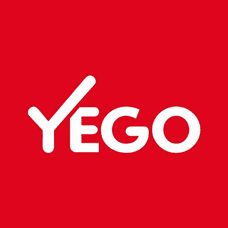
Through Cenfri, Access to Finance Rwanda (AFR) and Yego – an e-hailing taxi service in Rwanda – we are collaborating to help improve the resilience of e-hailing drivers by understanding the financial service needs of Yego’s drivers.
Yego is a digital platform that was launched in Rwanda in 2018. Like Uber, it connects passengers and local drivers of cars and motorbikes (moto) through a computer or mobile device. Yego currently has around 11,000 motorcycle and 2,000 taxi drivers signed up in Rwanda and is looking to expand on the continent.
Initial scoping suggests an encouraging opportunity to offer financial services, specifically insurance, to Yego drivers, who report that they trust Yego and would be open to procuring insurance through the company. Yego is keen on partnering with insurance firms to develop products suitable to the needs of the Yego drivers.
Cenfri has signed an MoU with AFR and Yego to support this collaboration. The objective will be to build a business case for financial service providers, specifically insurers, to service tharket through digital platforms. AFR and Cenfri will provide technical assistance to Yego in the form of consumer research and support to identifying an insurance partner, as well as during the product development process.
